The second chapter of the Fall Term focused on data and coding. The Fall Term is part of the FOUNDING LAB, a collaborative prototype of a new university.
The FOUNDING LAB is a cooperation between the Institute of Digital Sciences Austria (IDSA) and Ars Electronica. The aim is to find, develop and present new methods and concepts to meet the challenges of the digital transformation. Experts, scientists and innovators from different disciplines work together to explore ways for a transdisciplinary digital transformation. The Ars Electronica Festival 2023 served as a public platform for the presentation of initial ideas and results from the FOUNDING LAB Forum. These results will be further explored in a seminar series with six chapters during the FOUNDING LAB Fall Term.
The first chapter brought Fellows and students together to explore and analyse the complex infrastructures of digital systems. The second chapter, seamlessly following on from the first, focused on data and coding and promised to provide participants with new insights and skills. What these are is explained in more detail below.
Chapter 2: Data and Coding with Arianna Salazar Miranda, Roland van Dierendonck and Paolo Cirio
In the second chapter of the FOUNDING LAB Fall Term, entitled “Data & Code”, the students embarked on an impressive journey through the entire life cycle of data. The participants were accompanied by Fellows Arianna Salazar Miranda, Postdoctoral Fellow at MIT’s Senseable City Lab and the Mansueto Institute at the University of Chicago, Roland van Dierendonck, Principal Investigator of the Responsible Applied Artificial InTelligence (RAAIT) project at Rotterdam University of Applied Sciences, and Golden Nica winner and Senior Research Fellow at Ca Foscari University, Paolo Cirio.
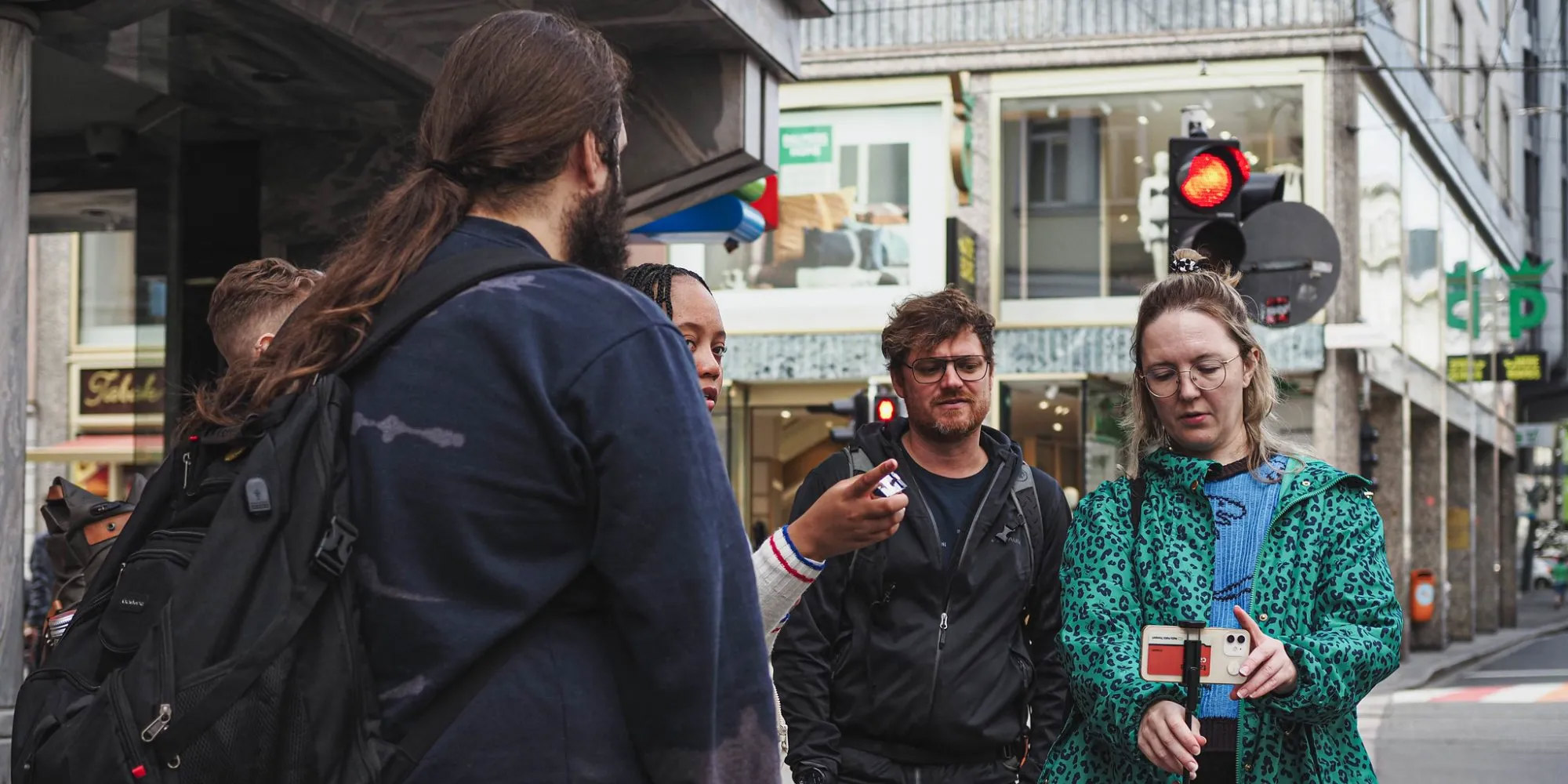
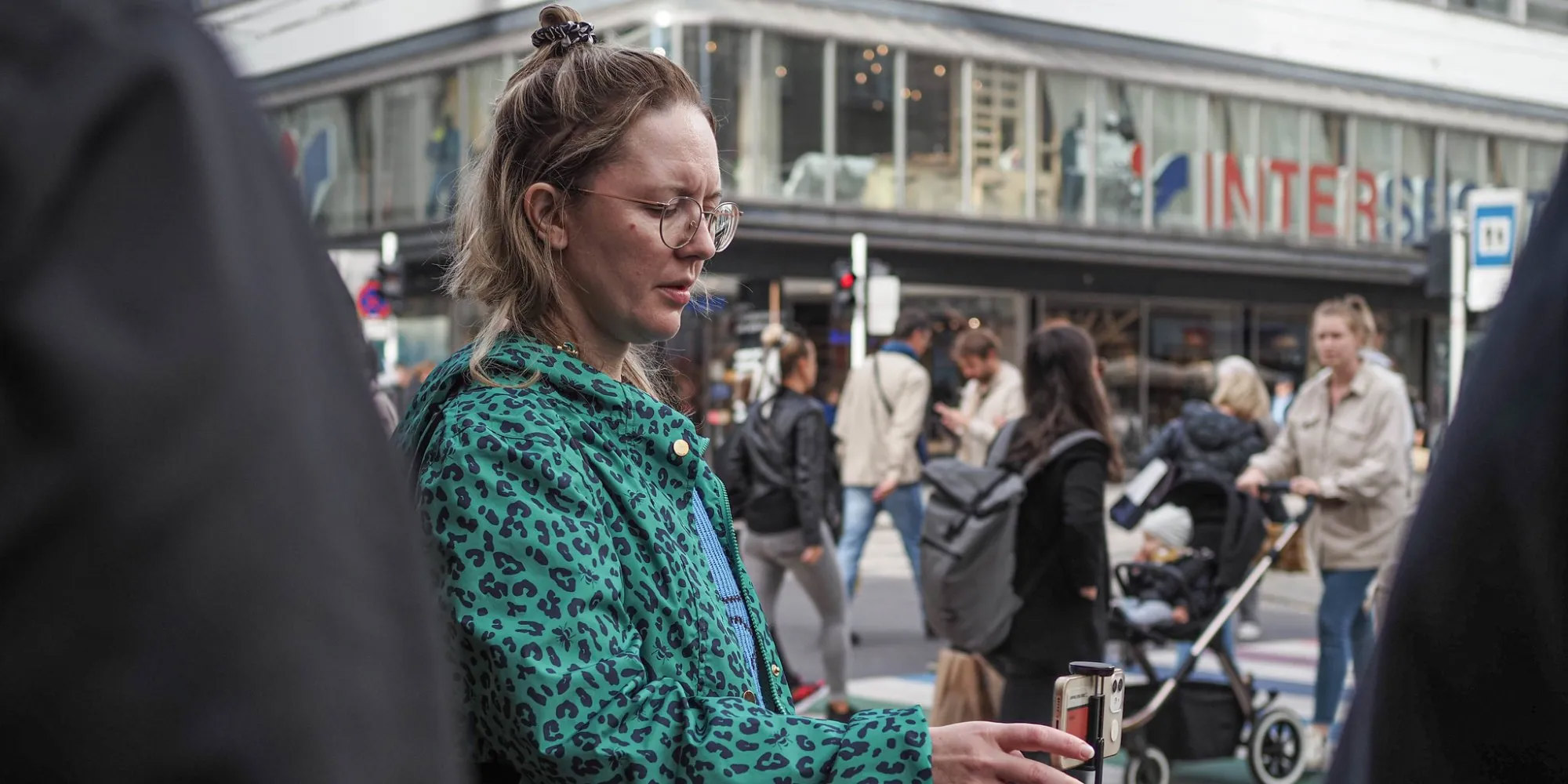
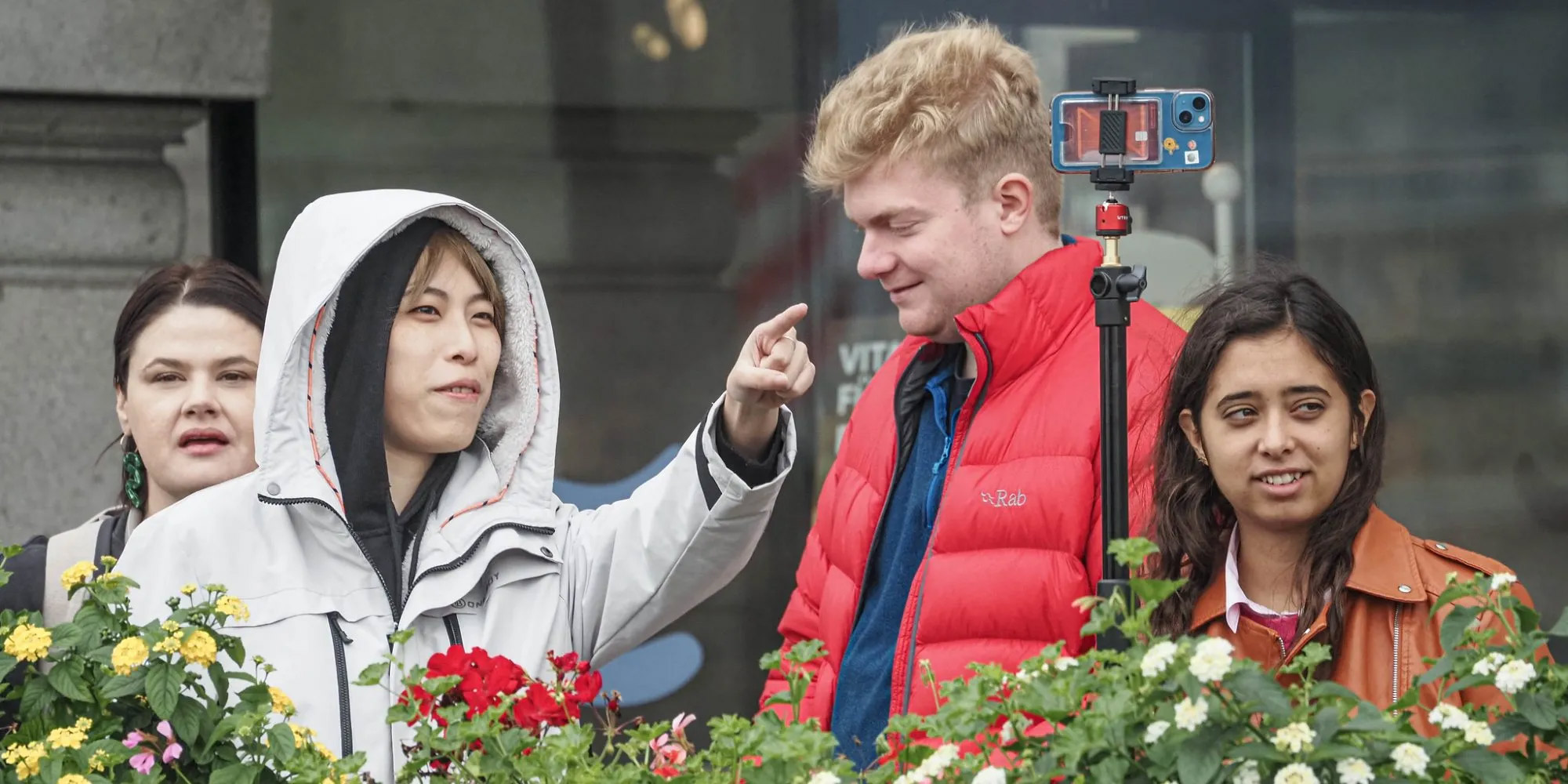

The students began the second chapter by collecting traffic data in the streets of Linz. For this, they used a combination of video recordings and careful manual counts to demystify the creation of data in a vivid way while raising fundamental questions in the field of data protection, the question of authority and human involvement and possible sources of error. This dual perspective not only opened up the fascinating world of data mining to the students, but also stimulated deep reflection on the ethical, legal and human aspects around data and technology. They then subjected the collected data to extensive processing through a computer vision model that had been specially developed by one of the fellows. Thanks to this innovative technology, a precise and detailed traffic analysis was produced that provided valuable insights into traffic behaviour and patterns in Linz.
The following day, as part of a workshop, the students were encouraged to design micro-projects that dealt with the investigation and research of this data. In doing so, they were asked to connect the topic of the collected data (traffic, air quality, noise pollution and other relevant aspects) in artistic form, through activist approaches and policy proposals. This opportunity gave the students the chance to actively experience the whole process from data collection to data-based production processes. During this hands-on experience, there were intense discussions about ethical issues related to Artificial Intelligence and data. These dialogues helped students develop a broad understanding of the ethical considerations and challenges in today’s data-driven world and sharpened their sensitivity to the responsible use of technology and information.
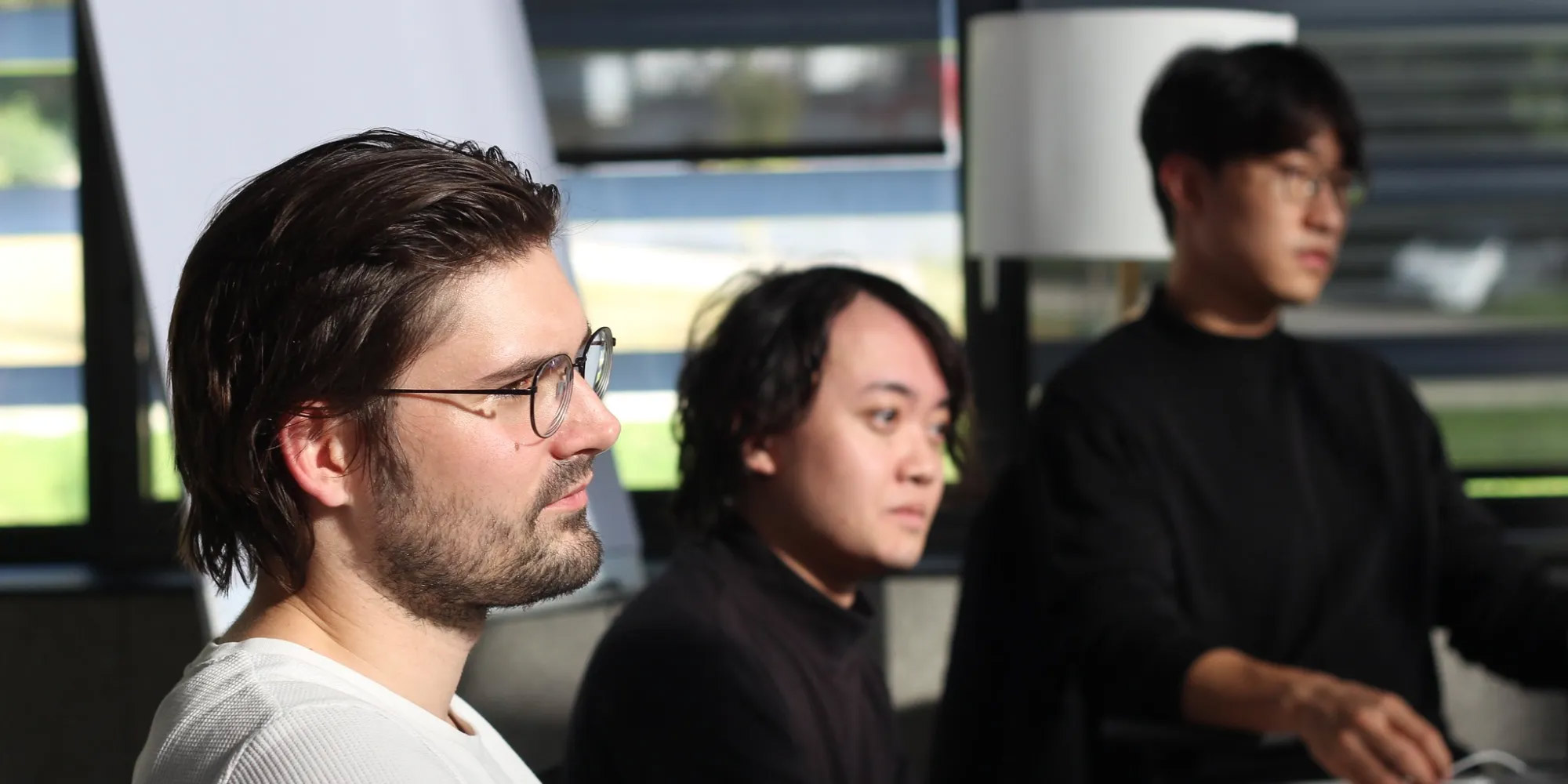
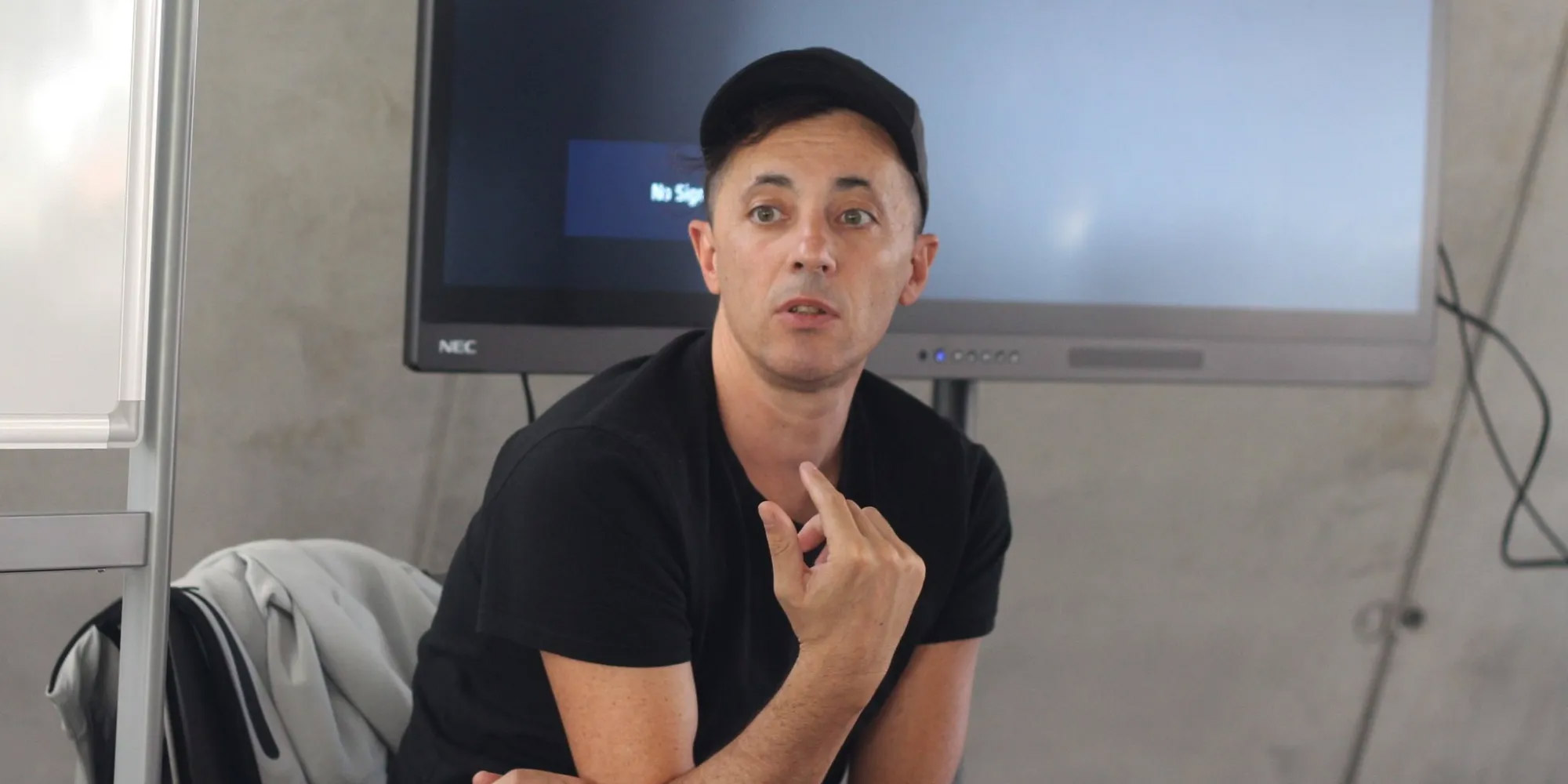
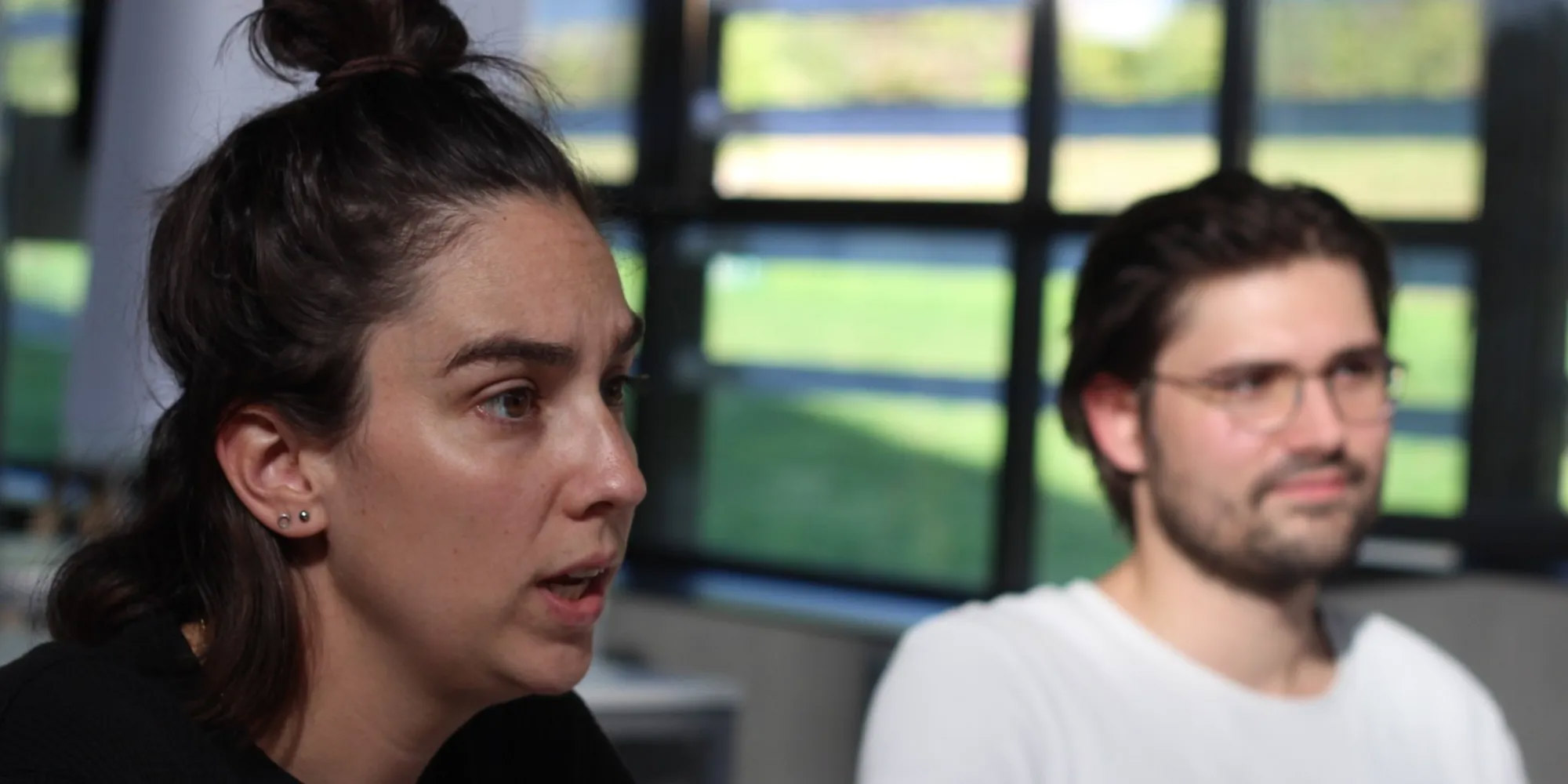
The third chapter of the FOUNDING LAB Fall Term will explore topics such as relationships with robots, the ethical issues surrounding “moral machines,” exploring robot swarms and drones, and the future of machines through interactive workshops. Performers are Fellows Edwina Portocarrero, researcher, designer and educator; Nan Zhao, machine learning scientist and ML team leader at Tulip Interfaces; and Ray LC, artist and researcher in neuroscience and human-computer interaction.
Chapter 3 of Fall Term follows from 22-25 November. Find out more about the FOUNDING LAB here.
